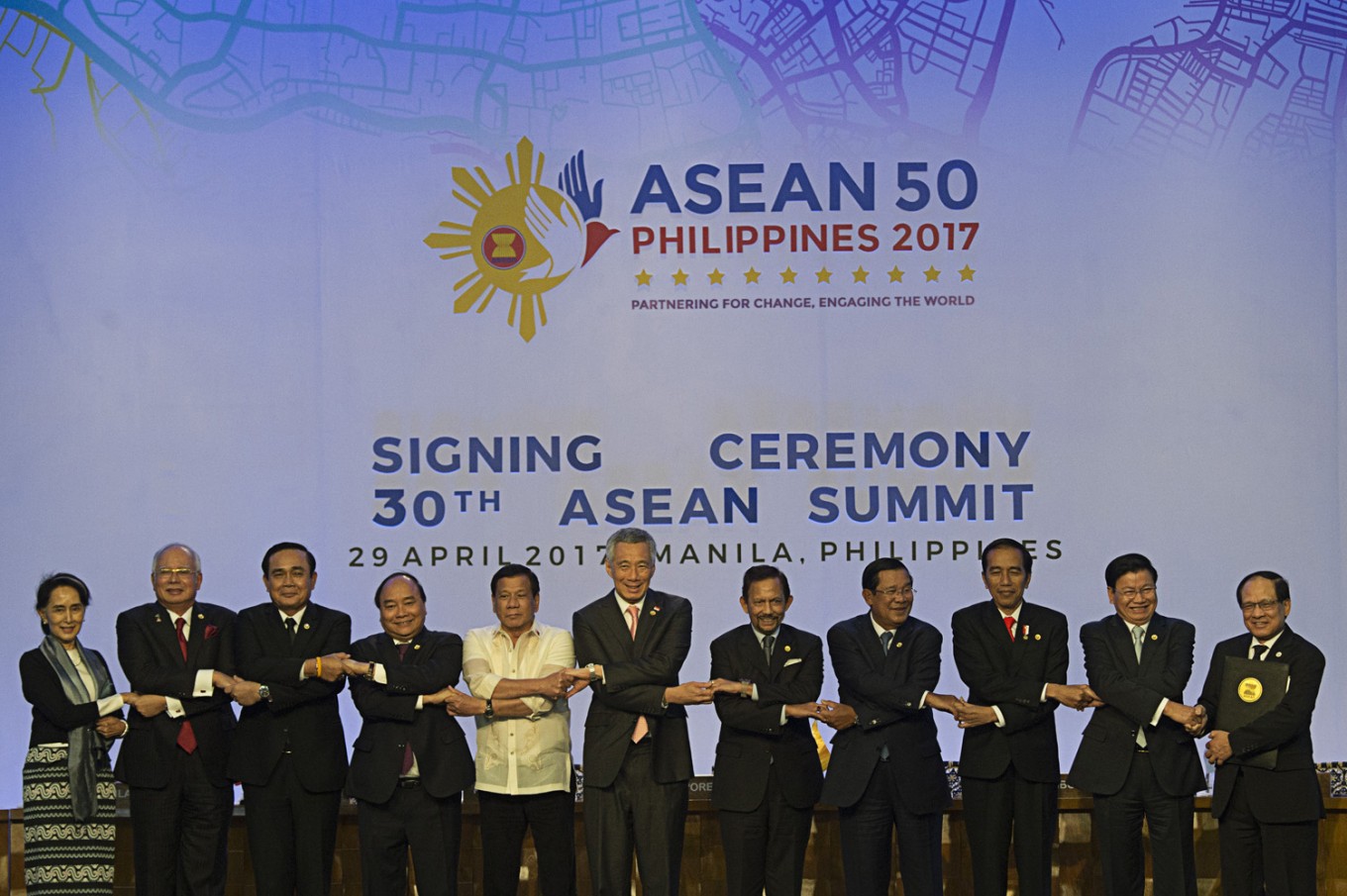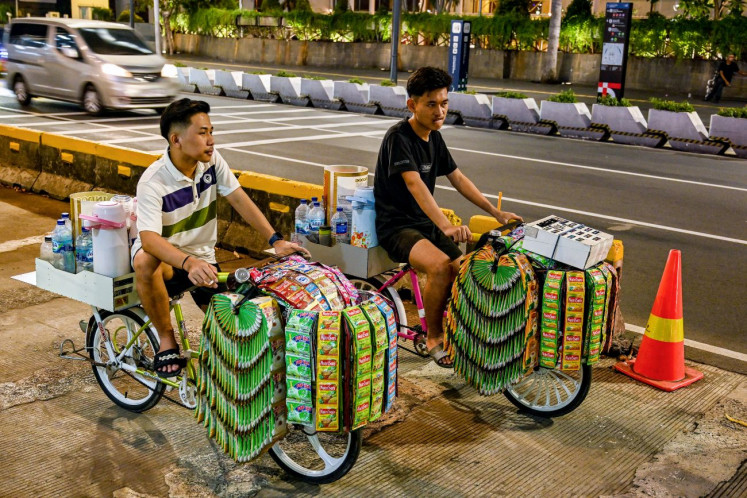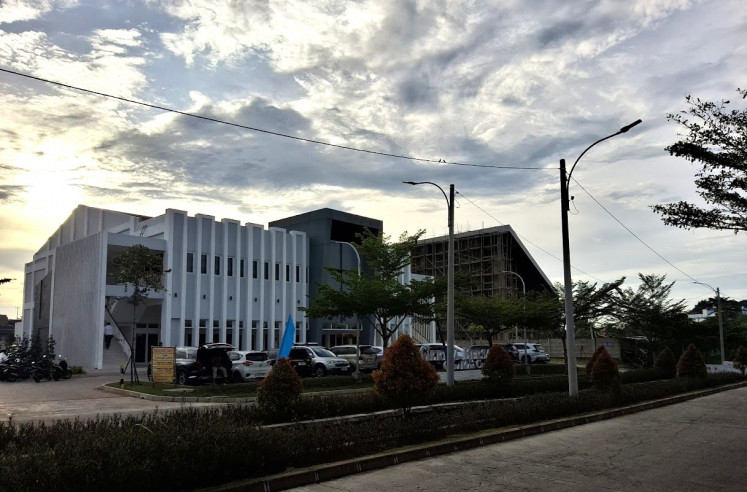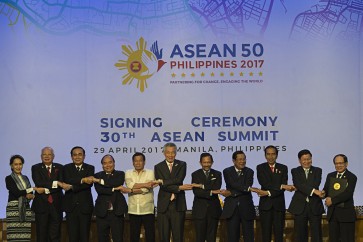Popular Reads
Top Results
Can't find what you're looking for?
View all search resultsPopular Reads
Top Results
Can't find what you're looking for?
View all search resultsASEAN: The next 50 years
Member states need to tackle a number of key issues.
Change text size
Gift Premium Articles
to Anyone
A
SEAN states learned to adapt, and eventually benefited from waves of globalization in the form of open trade, free flow of investment, relocation of manufacturing, effective transfer of technology and development of human resources.
In short, ASEAN member states tailored the force of globalization to their advantage. Over half of ASEAN’s population is now in the middle-income category, with a higher quality of life and the ability to consume goods and services from abroad. ASEAN member states have become export-oriented economies and some of the “core countries” have found themselves on the losing end of globalization.
Now they want to rewrite the rules of the game. This is evidenced in the withdrawal of commitment to global trade deals, the redirection of investment to domestic Western economies, a rise in protectionist policies and an emphasis on a “my country first” philosophy.
All these developments are potentially damaging to the ASEAN approach of welcoming and accommodating trade and foreign investment.
There are now unmistakable signs from the United States, a major dialogue partner, that the rules of the game will be changed. Preference will be given to oneon-one bilateral negotiations, rather than the “ASEAN Way” of collective bargaining.
In recent years, prior to the recent US shift, a more assertive China has also undermined the basic assumption that ASEAN has always been solid when it comes to external relations.
China has become the second largest economy in the world and all ASEAN countries have become dependent on the Chinese market. Having replaced the EU, Japan and the US as ASEAN’s largest trading partner, China has now chosen to reconfigure its relations with its southern neighbors. In doing so, ASEAN’s agenda has been frustrated, its normal practices altered, and, its traditional solidarity undermined.


















